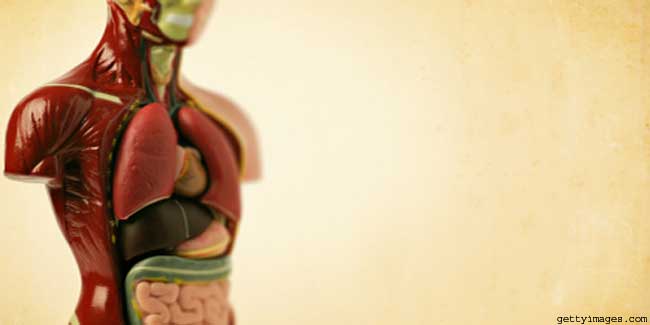
Organ donation is a rather sensitive issue that has a few conspirators and even fewer takers. What is it that pulls them from bowing to such innocent blandishment to one’s own self? It can be a touchy topic to deal with; that of organ donation. While some people would be just as much uneasy to pick up the topic of donating their organs, there are others who would shake a reassuring hand with a patient who has been on the waiting list of those expecting to be shaken from the undying fear of losing their breath. We bring to you the best of why donating organs is good for you and for others.
It can be a touchy topic to deal with; that of organ donation. While some people would be just as much uneasy to pick up the topic of donating their organs, there are others who would shake a reassuring hand with a patient who has been on the waiting list of those expecting to be shaken from the undying fear of losing their breath. We bring to you the best of why donating organs is good for you and for others.
• In the U.S., thousands of people are waiting to be donated an organ and about a quarter of these end up not receiving any. If you donate your organs to those in need after you are dead, you not only save just one person’s life but that of a few others the same day that you die. Imagine, even though you lose life, which is inevitable, you help someone else live, who has struggled long to breathe in peace.
• There is no financial burden on the donor as all the expenses that are related to the donation are paid by the program that facilitates the donation.
• Donating your organs after you have died can console the bereaving kin. Several studies have shown that allowing the removal of organs from a recently deceased relative soothes the mourning process for the rest of the family members. Therefore, donating organs will not only help the person receiving the organ, but also your family members.
• For recipients of organ donation, it is a second chance of life that they get.
• To receive an organ, for a patient, means that he/she does not have to be burdened by finances to seek timely treatment to survive. The donation allows the patients to return to a normal life. For those receiving a tissue or eye donation, it is to be able to be mobile and see after recovery from the donation.
• Most important of all, being a donor is a charitable activity that does not cost anything. Besides, it allows the donor to save as many as eight lives via organ donation and up to 50 lives through eye and tissue donation.
Who can be a Donor?
An individual of any age group can qualify to be a donor. Even those who are not related to the patient in blood may qualify to be a living donor candidate.
For a person to be a living donor, he/she must:
• be at least 18 years old
• be in proper mental as well as physical health
• be free from diabetes, high blood pressure, HIV, diabetes, cancer or other organ-specific diseases.
The medical rules may be obliged by a living or dead person, though there are more rules, such as:
• The importance of the willingness of the donor to donate. It is one’s choice to donate and no one should be forced to donate.
• The donor must be well informed. The right donor candidate is one who has the knowledge of the donation’s risks, potential outcomes, benefits, etc for both the patient as well as the donor’s benefit.
• The donor must be supported by relatives. It is important for the donor to have supports in his/her family.
• The donor must not have any substance or alcohol abuse problems.
Read more articles on Exercise and Fitness.
Read Next
5 Ways to Burn Off Holiday Calories
How we keep this article up to date:
We work with experts and keep a close eye on the latest in health and wellness. Whenever there is a new research or helpful information, we update our articles with accurate and useful advice.
Current Version